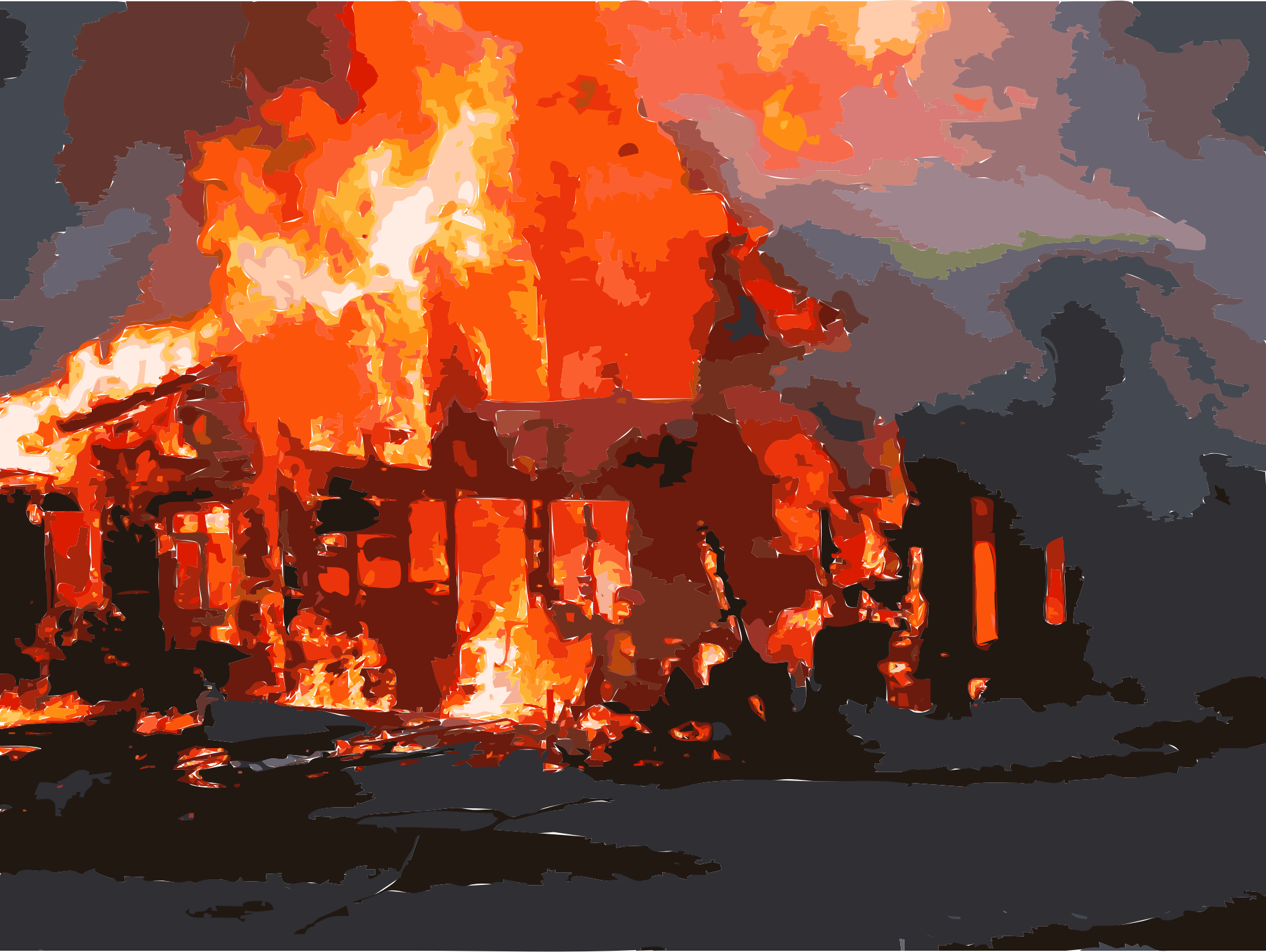
The House Is On Fire, Should We Go To War?
Diversionary conflicts during domestic unrest are more likely to target more powerful states, showing no evidence that traditional ‘enemies’ are targeted.
How Social Media is Changing Conflict
In conflict, the speed and spread of information is increased by social media, and makes communication for individuals and groups easier.
Military Support Outside of International Coalitions Increase Risk of Terrorist Attack
Foreign military support in intrastate conflicts increases the risk of retaliatory terrorist attacks; weapons sales are the prominent contributing factor.

The Effects of Military Spending on Economic Growth
Military spending tends to have a negative impact on economic growth, and is especially detrimental to the economic growth of wealthier countries.
Too Close and Too Strong: U.S. Power and Proximity Contributing to North Korea’s Nuclear Ambitions
The U.S.’s overwhelming military capabilities and presence on the Korean Peninsula are primary motivators for North Korea’s nuclear program.
The Importance of Devaluing Nuclear Weapons
Nuclear weapons are “social objects” that gain value and meaning from social contexts, therefore, the value attached to them is subject to change.
What does Masculinity and East/West thinking have to do with Nuclear Weapons?
Masculinity and Orientalism operate in U.S./Indian nuclear discourses, marking the non-Western country as inferior and irresponsible, requiring scrutiny.
In Nuclear Disarmament Campaigns, the Messenger Matters
When considered competent, respectable, and honorable, nuclear abolition advocates trigger increased attention and debate on disarmament issues.
Long-Term Human Costs of Nuclear Weapons Tests in the Pacific
U.S. testing of nuclear weapons detonated in the Marshall Islands was equivalent to 1.6 Hiroshima-sized bombs dropped daily for 12 years (1946-1958).

The Peacebuilding Role of Religious Civil Society Initiatives in the Korean Peninsula
Religious civil society leaders with access to top political leadership and grassroots constituents, contributed to the Korean peace process in the 1990s.
Engaging Across Deep Divides to Counter Extremism
Multicultural societies need to ensure more inclusive engagement across deep divides, as doing so is vital to confronting violent extremism.
